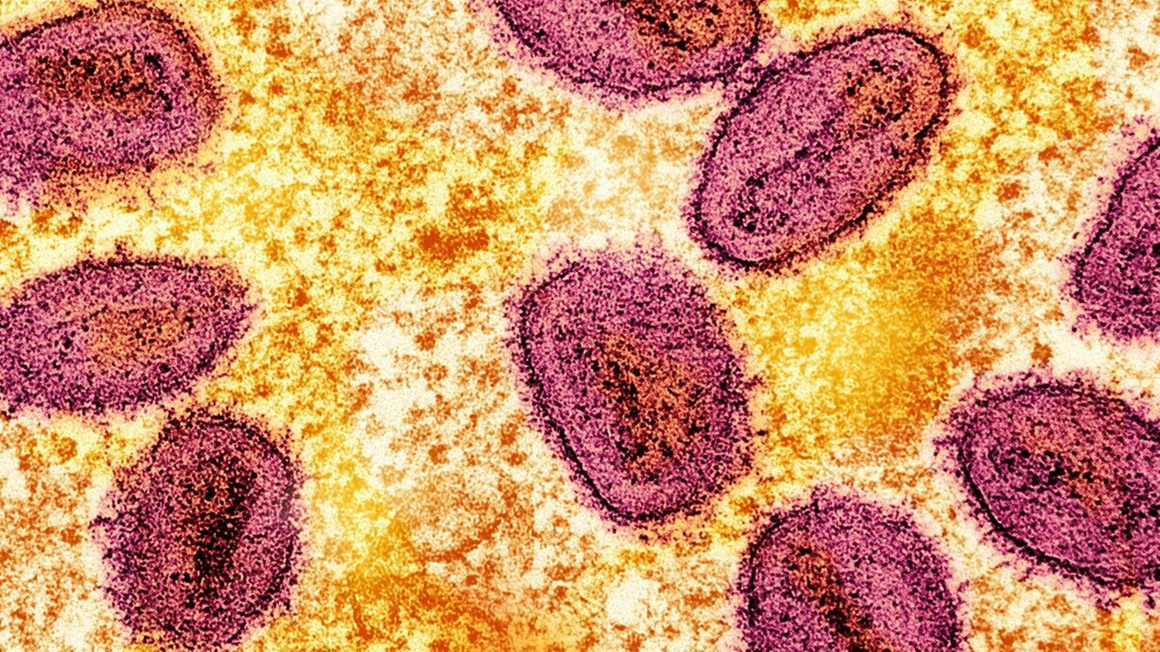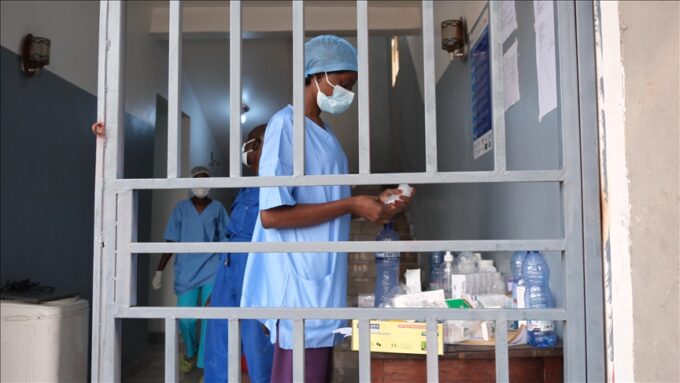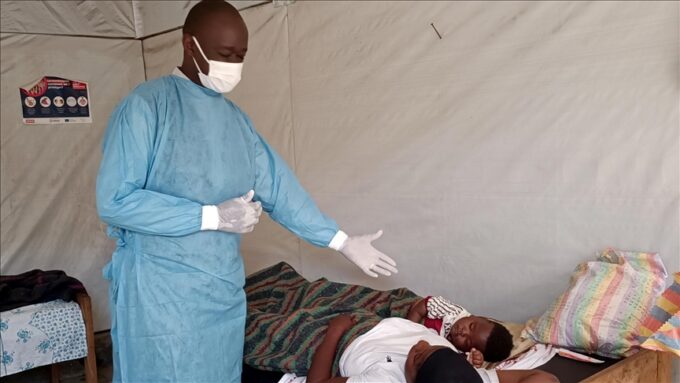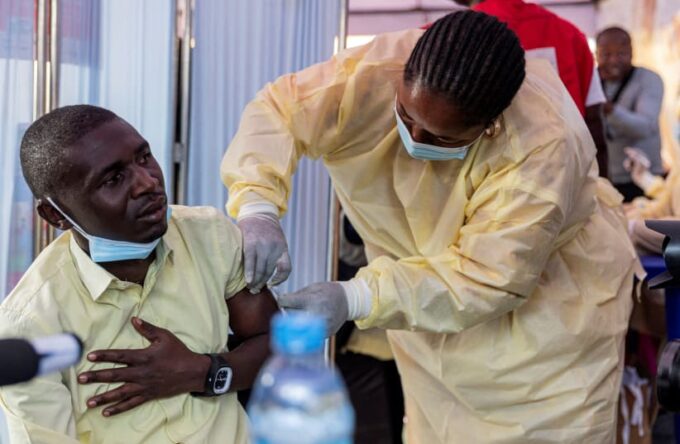Ghana has confirmed its first case of mpox this year, the country’s health service announced, although the specific variant of the virus has yet to be identified. This marks the latest development in the ongoing fight against mpox across Africa, as the continent continues to grapple with both endemic and emerging strains of the virus.
Health officials have stated that tests are currently underway to determine if the case is linked to the clade Ib variant, which has triggered widespread concern globally due to its rapid spread. Clade Ib is less understood and poses heightened risks, particularly because of its increased transmissibility through close contact, including sexual transmission. This variant has been under intense scrutiny as public health experts seek to understand its characteristics and develop strategies to contain it.
Ghana previously reported mpox cases in 2022 and 2023, but the latest case represents a fresh challenge in containing the virus. The health service’s statement revealed that the patient, described as a young male, presented with typical symptoms of mpox, including fever, rash, and body pains. Authorities have identified 25 people who came into contact with the patient, all of whom are currently being monitored for signs of the virus.
The resurgence of mpox cases in Ghana comes against the backdrop of a broader continental and global context. In August, the World Health Organization (WHO) declared mpox a global public health emergency for the second time in as many years. This decision followed an outbreak in the Democratic Republic of Congo (DRC), which has seen the virus spread to neighboring countries, raising fears of wider regional transmission.
Mpox, formerly known as monkeypox, is not a new disease in West and Central Africa. The virus has historically been endemic to these regions, with the clade I variant being the most common strain. However, the emergence of the clade Ib variant has introduced new complexities into the management of the disease. The clade I strain primarily spreads through close physical contact with an infected person or animal, while the newer clade Ib variant has been identified as more easily transmissible, particularly through intimate or sexual contact.
Ghana’s health authorities have not yet confirmed whether the current case is linked to the clade Ib strain, but the possibility raises significant concerns. If clade Ib is responsible, the country may need to ramp up its public health response to prevent further spread, given the virus’s ability to move rapidly through populations. This would involve not only monitoring and isolating confirmed cases but also promoting public awareness campaigns on how the virus spreads and how individuals can protect themselves.
The WHO has been working closely with African nations, including Ghana, to provide guidance and resources to manage the mpox outbreaks. Surveillance systems have been strengthened in affected regions, and vaccines are being distributed to countries at higher risk. However, much of the continent still faces challenges in accessing vaccines and other medical resources, raising concerns about the ability of health systems to contain future outbreaks effectively.
Ghana’s recent case serves as a reminder that mpox remains a pressing public health issue in Africa. While the virus has been overshadowed by other global health crises, such as COVID-19, it continues to pose serious risks, particularly with the emergence of new variants like clade Ib. Ghana’s health service has taken swift action to monitor contacts and investigate the strain involved, but the situation underscores the need for ongoing vigilance and support from international partners to manage the spread of this virus.
As the world continues to monitor the evolving situation, Ghana’s response to this latest mpox case will be critical in determining how the country, and the continent at large, can prevent further outbreaks and protect public health.














Leave a comment